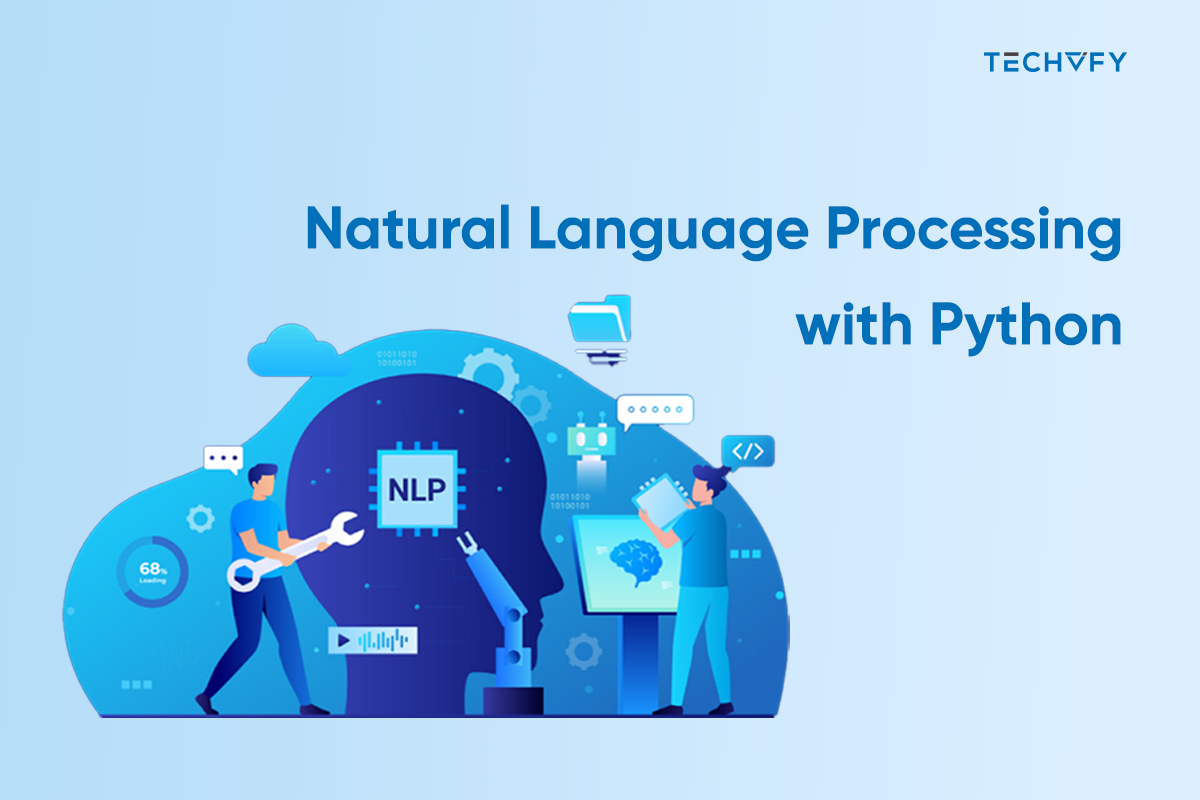Choose The Best IDE for C++ in 2025 – Top 10 IDEs List
- TECHVIFY Team
- 0 Comments
C++ developers need top-notch tools for efficient work, making the right Integrated Development Environment (IDE) key for productivity and smooth coding.
A premier C++ IDE includes features for complex code management, debugging, refactoring, and code completion, aiming to enhance efficiency and reduce bugs.
With numerous IDEs available, choosing the best one for your needs can be challenging. Whether you’re looking for a robust code writing and debugging tool or a C++ development company for end-to-end project management, our list highlights the best IDE for C++ and text editors on the market.
I. What is the best IDE for C++?
An Integrated Development Environment (IDE) is a software suite that combines tools needed for software development, such as a code editor, debugger, and build automation tools, into one user-friendly interface. It often includes features like code completion and version control integration.
IDEs aim to boost developer productivity by simplifying the coding, testing, and debugging processes. They can be language-specific or support multiple programming languages, facilitating efficient development across various platforms.
To know what makes a good IDE, there will be some important features that you have to consider when looking for one:
-
- Compiler and Build System Integration
Direct integration with multiple compilers (GCC, Clang, MSVC) and building systems (CMake, Makefiles) are crucial. This allows for seamless compilation and build process management directly within the IDE, supporting standard and custom configurations.
-
- Real-Time Error Checking and Static Analysis
Beyond basic syntax highlighting, the IDE should perform real-time error checking and static analysis to catch potential issues as code is written. This includes memory leaks, concurrency issues, and other complex bugs, helping to ensure code quality and reliability.
-
- Refactoring Tools
Advanced refactoring capabilities are essential for maintaining and improving the codebase. This includes renaming symbols, extracting methods or classes, and other automated code transformations that maintain the integrity of the code.
-
- Debugging and Profiling Tools
A superior IDE offers integrated tools to manage local and remote debugging sessions, visualize complex data structures, and integrate with external memory checkers and profilers. IDE profiling tools can help identify performance bottlenecks and optimize code efficiency.
-
- Unit Testing Integration
Integrated support for unit testing frameworks (like Google Test, Boost.Test, Catch2) enables developers to write, run, and debug tests without leaving the IDE. This promotes a test-driven development (TDD) approach and ensures code reliability.
-
- Cross-Language Support
Projects often involve multiple languages (e.g., C++ with Python, Java, or web technologies). The IDE should facilitate cross-language development, offering tools and support for working across language boundaries seamlessly.
More articles about software development:
II. The 10 best IDE for C++ in 2025
1. Visual Studio Code (VS Code)
Visual Studio Code (VS Code) is considered the best IDE for C++, developed by Microsoft as a free, open-source, and powerful code editor. It operates seamlessly on Windows, Mac, and Linux, answering the question of what is the best IDE for C++ with its Microsoft C/C++ extension for comprehensive development. Known for its adept handling of multiple software versions, VS Code is celebrated for its C++ compiler efficiency.

Key Features:
- Recognized for superior integration with GIT version control systems.
- Works on Linux, Mac, and Windows platforms.
- Supports cross-platform and multi-language development.
- Enhances developer productivity with coding, building, and debugging tools.
- Offers high portability.
- Allows creation of style sheets for HTML, CSS, or XML.
Pros:
- Versatile across languages and tools, enhancing flexibility.
- Accessible on major operating systems, broadening user reach.
- Streamlines development with efficient coding and debugging features.
- Rich extension ecosystem and community support.
Cons:
- May slow down on less powerful machines due to resource intensity.
- For beginners, the initial phase of learning may present a significant challenge.
- Dependence on extensions might complicate setup and maintenance.
2. Code::Blocks
Code::Blocks stands out as one of the best IDE for C/C++, being a free, open-source Integrated Development Environment compatible with Windows, Mac, and Linux. It includes core features like debugging, profiling, compiling, and advanced options such as drag-and-drop, auto-completion, code coverage, and analysis, enhanced through customizable plugins.
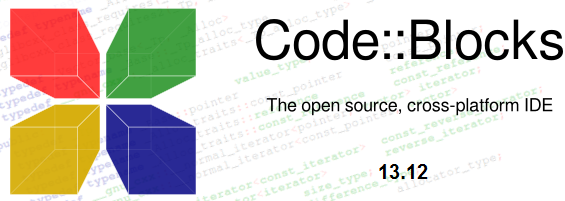
Features:
- Allows building multiple projects at once.
- Supports code folding for C, C++, FORTRAN, and XML.
- User-friendly for beginners, written in C++.
- Wide range of plugins for added functionality.
- Customizable syntax highlighting.
- Compatible with various compilers (GCC, MSCV++, clang).
Pros:
- Cross-platform compatibility.
- Extensible with plugins.
- Supports multiple compilers.
- Customizable UI.
Cons:
- Learning curve for plugin system.
- Dated interface design.
- Potential performance issues on older hardware or large projects.
- May lack some advanced features of commercial IDEs.
3. Atom
Atom, often considered the best IDE for C++, is a versatile editor supporting various programming languages and is open-source for Windows, Mac, and Linux, allowing extensive customization without config file modifications, featuring auto-completion, a package manager, find-and-replace, a file browser, and multi-language support.
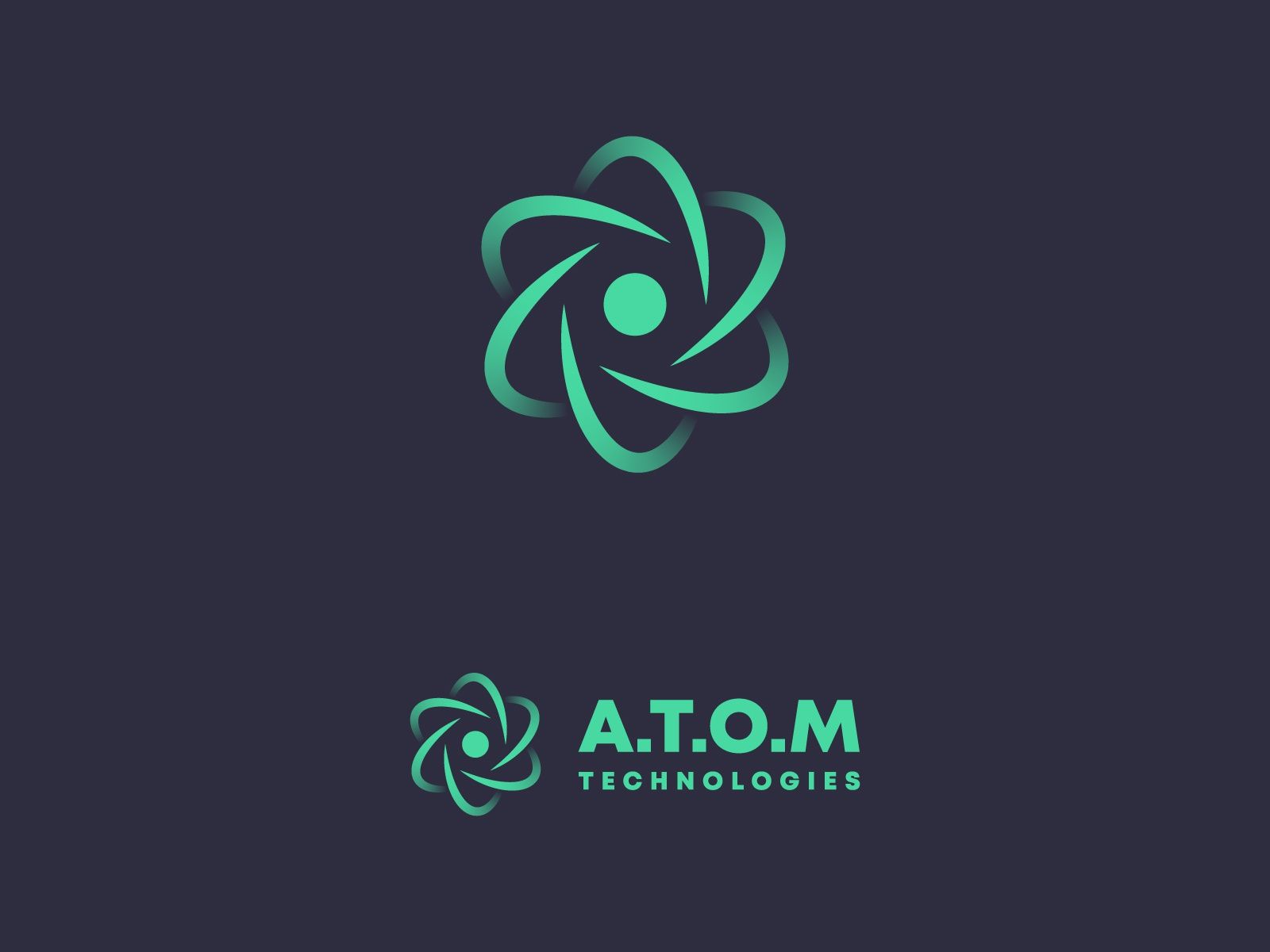
Features:
- Enables editing on any OS.
- Preferred for C++ with an integrated package manager.
- Offers many plugins and extensions.
- Includes auto-completion, find and replace, and a command palette.
- Supports splitting workspaces for code comparison.
Pros:
- Highly customizable.
- Cross-platform.
- Built-in package manager.
- User-friendly interface.
Cons:
- May be slow with large files.
- Resource-heavy.
- Steep learning curve for customization.
4. Dev C++
Dev C++ is a freely available, open-source integrated development environment (IDE) tailored for beginners, developed using Delphi. This IDE supports GCC-based compilers like Cygwin and MinGW, making it compatible with Windows and Mac systems. Dev C++, often highlighted in discussions about what’s the best IDE for C++, offers a suite of features including profiling, integrated debugging, and syntax highlighting.

Features:
- Simple installation process for add-on libraries.
- Project templates to kickstart development.
- Supports various programming languages, though it’s primarily designed for C++.
- Enables users to edit and compile resource files directly within the IDE.
Pros:
- Ideal for beginners with its easy-to-navigate design.
- Offers essential tools for efficient coding and debugging.
- Facilitates easy extension of functionality with additional libraries.
Cons:
- Primarily available for Windows and Mac users.
- Lacks some features sought by more experienced developers.
- Reports of challenges with newer GCC versions or advanced C++ features.
5. NetBeans
NetBeans is a free, open-source Integrated Development Environment (IDE) available for Windows, Mac, Linux, and Solaris. It has bracket matching, code folding, refactoring, and syntax highlighting features. NetBeans offers robust support for multiple platforms, enabling faster code completion and providing development tools on remote hosts. This facilitates the creation, debugging, and execution of projects directly from the user’s system.

Features:
- User-friendly interface for ease of navigation and use.
- Supports a variety of programming languages, including Java Technology.
- Strong community support for troubleshooting and enhancements.
- Ready-to-use templates for C++ code, simplifying the development process.
- Highlights keywords and variables in C++ programs for better readability.
- Allows setting exceptions, breakpoints, variables, functions, etc., and displays them in the Breakpoint window for efficient debugging.
Pros:
- NetBeans runs on multiple operating systems, making it accessible to many developers.
- Beyond C++, it supports various programming languages, making it versatile.
- Offers an array of tools for coding, debugging, and testing within a single platform.
- A strong and active community provides extensive documentation and support.
Cons:
- NetBeans can be slower compared to other IDEs, especially on older hardware.
- While it’s feature-rich, beginners may find it overwhelming due to its extensive range of functions and settings.
- It can be resource-heavy, requiring significant memory and processing power, which might affect its performance on less powerful machines.
6. CodeLite
CodeLite is an open-source Integrated Development Environment (IDE) with tools, including a class browser, static code analysis, project management, code refactoring, profiling, debugging, code completion, and compiling capabilities. This IDE features a Rapid Application Development (RAD) tool, facilitating the creation of widget-based applications. Notably lightweight and user-friendly, CodeLite is suitable for testing and debugging tasks. It supports various operating systems such as Windows, Linux, Mac, and FreeBSD.
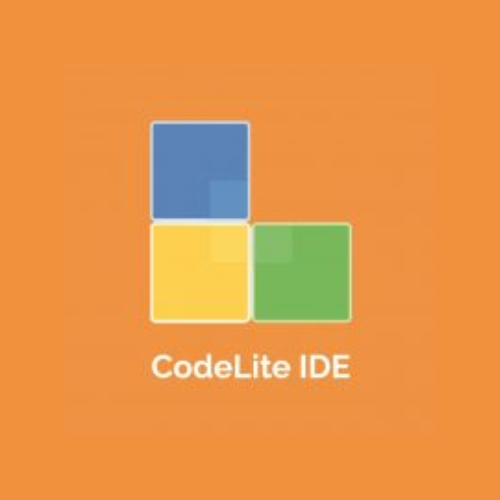
Features:
- Straightforward installation process.
- Utilizes a Clang-based code completion engine.
- Allows users to customize syntax coloring.
- Features a tree view structure for easy file navigation.
- Ideal for C and C++ programming, with a command palette that includes functions for sorting, syntax modification, and more.
- Simplifies coding for beginners.
Pros:
- Consumes minimal system resources, making it fast and responsive.
- Available for Windows, Linux, Mac, and FreeBSD, ensuring wide accessibility.
- Offers syntax color customization and easy file navigation, enhancing user experience.
- Includes comprehensive tools for debugging, code completion, and project management, suitable for C and C++ development.
Cons:
- New users may need time to familiarize themselves with its features and interface.
- Primarily designed for C and C++, which may limit its use for other programming languages.
- Some users report difficulties integrating CodeLite with external tools and libraries.
7. CLion
CLion is a development environment created by JetBrains, tailored for C and C++ programming languages. This IDE suits professional developers tackling large and intricate projects. As proprietary software, acquiring a CLion license involves a cost. It boasts functionalities such as straightforward debugging, code refactoring, and intelligent code analysis. However, CLion is resource-intensive, potentially taxing on both CPU and RAM. It supports macOS, Linux, and Windows.
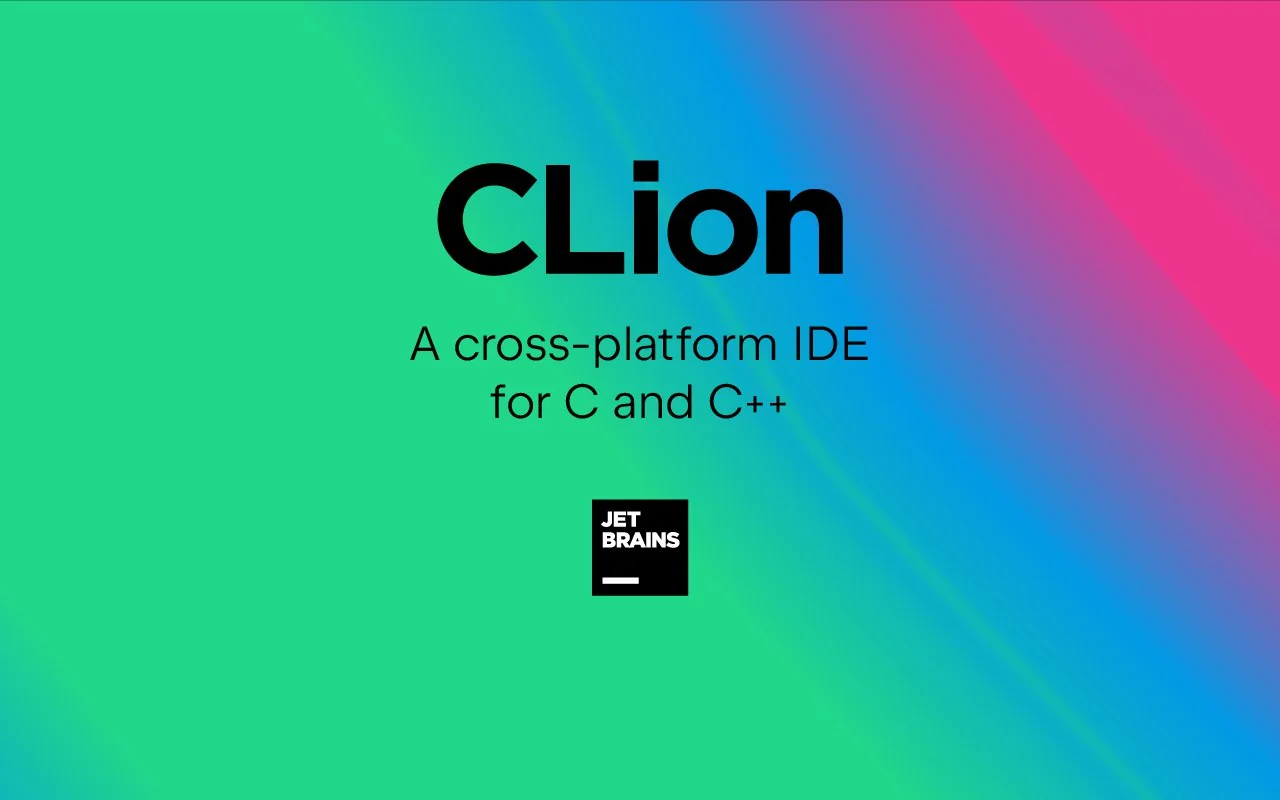
Features:
- Provides intelligent code analysis.
- Enables editor customization according to user preferences.
- Supports integration with Concurrent Version System (CVS) and Team Foundation Server (TFS).
- Allows for unit testing of source code.
- Comes integrated with the CMake build system.
- Aids in analyzing application performance.
Pros:
- Advanced code analysis and refactoring simplify complex code management.
- Cross-platform support offers flexibility across macOS, Linux, and Windows.
- Integrations with version control and CMake build system streamline workflows.
- Customizable interface caters to personal development preferences.
Cons:
- Licensing costs may deter individual developers or small teams.
- High resource usage can impact performance on less powerful computers.
- Steep learning curve for beginners to fully leverage all features.
8. QtCreator
QtCreator is an open-source tool available for free to beginners, while seasoned developers must obtain a commercial license. It is compatible with Windows, Linux, and macOS, enabling the development of applications for mobile and desktop environments and embedded platforms. Linux utilizes the GNU Compiler Collection’s C++ compiler, whereas Windows employs MinGW or MSVC by default and can integrate the Microsoft Console Debugger if compiled from the source.
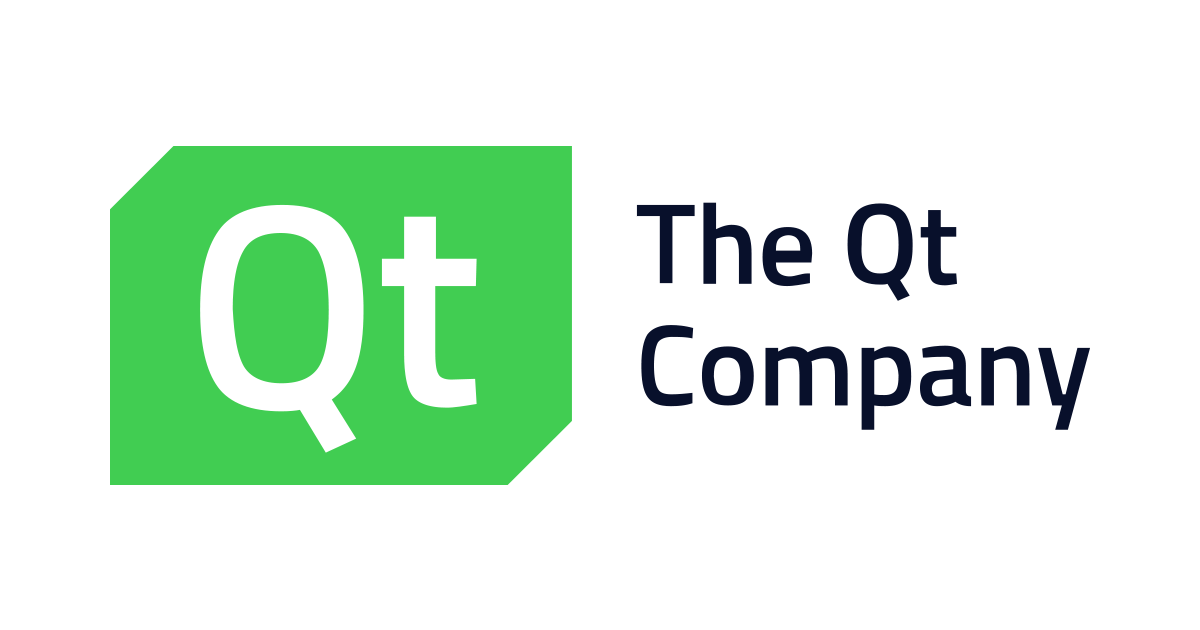
Features:
- Integrated version control.
- Advanced code editors with code completion, syntax highlighting, refactoring, and built-in documentation.
- Libraries supporting UI development and machine-to-machine communication using imperative C++.
Pros:
- Cross-platform support enhances versatility.
- Comprehensive libraries streamline UI and communication development.
- Advanced editing tools boost coding efficiency.
Cons:
- Commercial license requirement for professionals increases costs.
- Steeper learning curve for new users.
- Some users report performance issues on lower-end hardware.
9. Xcode
Xcode, Apple’s proprietary IDE, is freely available and engineered for development across macOS, iOS, watchOS, and tvOS. It also accommodates C++ application development, positioning it as a preferred tool for developers using Mac.
This IDE stands out in C++IDE development, with essential features like syntax highlighting, code completion, an interface builder, and an integrated debugger to enhance development efficiency and simplify the coding process.
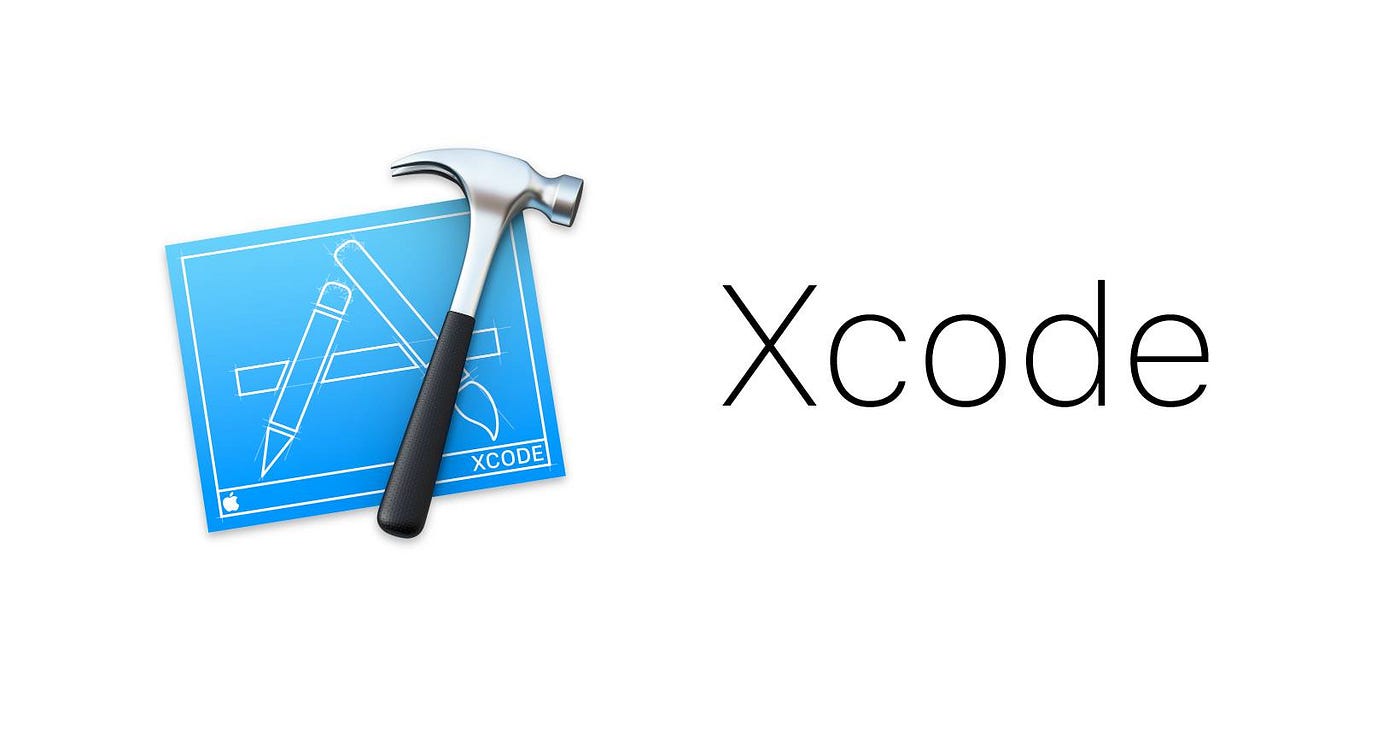
Features:
- Syntax highlighting improves code readability with color differentiation.
- Code completion accelerates coding by suggesting snippets.
- Drag-and-drop UI design via the interface builder.
- Integrated debugger for efficient error identification and resolution.
- Version control for better collaboration and code management.
- Simulator and device testing for comprehensive app evaluation.
- Performance analysis tools to enhance app efficiency.
- Direct access to Apple’s documentation and samples within the IDE.
Pros:
- Optimized for Mac, ensuring a smooth development workflow.
- Free, making it accessible to all developers.
- Bundles tools like an interface builder and debugger for efficient development.
- Integrates with Apple’s ecosystem, simplifying app development for Apple devices.
- Provides code analysis and optimization for better performance.
Cons:
- Limited third-party plugins, reducing customization.
- Slower than some IDEs, which may slow progress.
- Primarily for Apple’s ecosystem, less suited for cross-platform work.
- Steep learning curve for new Apple developers.
- Mac-only, excluding non-Mac users.
10. AWS Cloud9
AWS Cloud9 stands out as a cloud-based IDE, enabling coding from any location with internet access. This web-based IDE is equipped with comprehensive tools and services to facilitate the full development lifecycle, from initiating projects to deploying them online, thereby removing the necessity for local software installations.
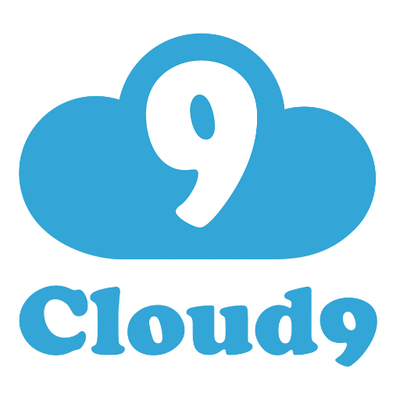
Features:
- Direct integration with AWS ecosystem, facilitating seamless development with services like Lambda, S3, and DynamoDB.
- Enables multiple developers to work on the same codebase simultaneously, enhancing team productivity.
- Offers a pre-configured terminal with AWS CLI, simplifying cloud management tasks.
- Supports creating environments tailored to specific project needs, compatible with a wide range of programming languages and frameworks.
- Cloud-based platform that requires no local installations, providing a ready-to-code environment instantly.
Pros:
- Streamlines development with AWS services.
- Facilitates team projects with real-time code editing.
- Pre-installed tools and a built-in terminal for AWS CLI.
- Custom environments for diverse project requirements.
- Eliminates the need for local machine setup.
Cons:
- Ineffective without a stable internet connection.
- May be challenging for beginners unfamiliar with AWS.
- Potential slowdowns on complex projects or with slow internet.
- While offering a free tier, extensive usage can lead to significant charges.
- Limited functionality when offline, impacting productivity during internet outages.
How to Choose the Right IDE for C++
Choosing the right Integrated Development Environment (IDE) for C++ involves considering several factors to match your development needs. Here’s a structured approach to help you make an informed decision:
| Factor | Description |
|---|---|
| Platform Compatibility | Ensure the IDE supports your operating system (Windows, macOS, Linux). |
| Project Type | Some IDEs are better suited for large projects, while others are more efficient for smaller ones. |
| Ease of Use | Consider the learning curve. A user-friendly interface can significantly speed up development. |
| Performance | An IDE that performs well on your hardware is crucial, especially for large projects. |
| Features | Look for key features like code completion, debugging tools, and version control integration. |
| Language Support | While focusing on C++, it’s beneficial if the IDE supports other languages you might use. |
| Customization | The ability to customize the IDE can improve your productivity and adapt the tool to your workflow. |
| Community and Support | A strong community and good support can be invaluable for solving problems and learning. |
| Cost | Determine if the IDE fits your budget, considering free and paid options. |
| Integration with Other Tools | Check if the IDE integrates well with other tools you use, such as build systems and version control. |
| Extensibility | Adding or developing plugins can extend the IDE’s functionality to meet your needs. |
When evaluating an IDE for C++, it’s essential to prioritize these factors based on your personal or project requirements. Testing a few IDEs with small projects can also provide practical insights into their suitability for your development process.
Conclusion
Selecting the best IDE for C++ programming is a critical step that significantly influences your development workflow and project outcome. The decision should be based on a careful evaluation of several key factors, including the compatibility of the IDE with your operating system, the scale and complexity of your projects, the user interface’s ease of use, the performance efficiency on your hardware, and the availability of essential features such as code completion, debugging tools, and version control integration.
If you seek to enhance your software development projects with professional expertise, TECHVIFY offers a comprehensive range of services. Our team has the knowledge and tools necessary to deliver high-quality software development solutions tailored to your specific requirements. Contact TECHVIFY for your software development needs.
TECHVIFY – Global AI & Software Solution Company
From Startups to Industry Leaders: TECHVIFY prioritizes results, not just deliverables. Accelerate your time to market and see ROI early with high-performing teams, AI (including GenAI) Software Solutions, and ODC (Offshore Development Center) services.
- Email: [email protected]
- Phone: (+84)24.77762.666





